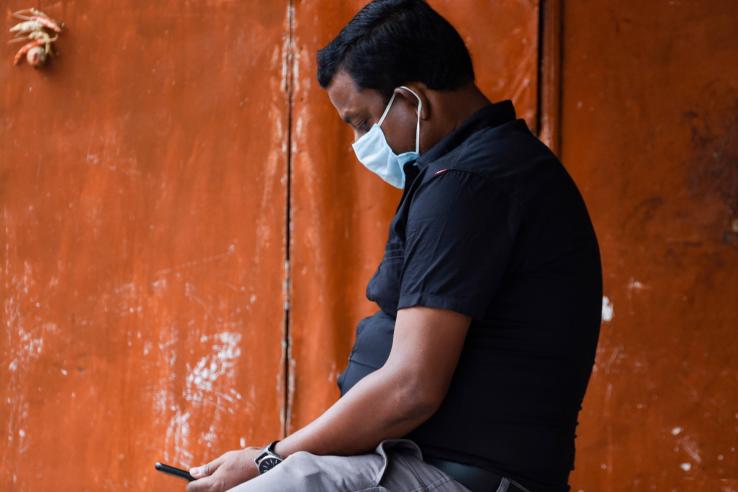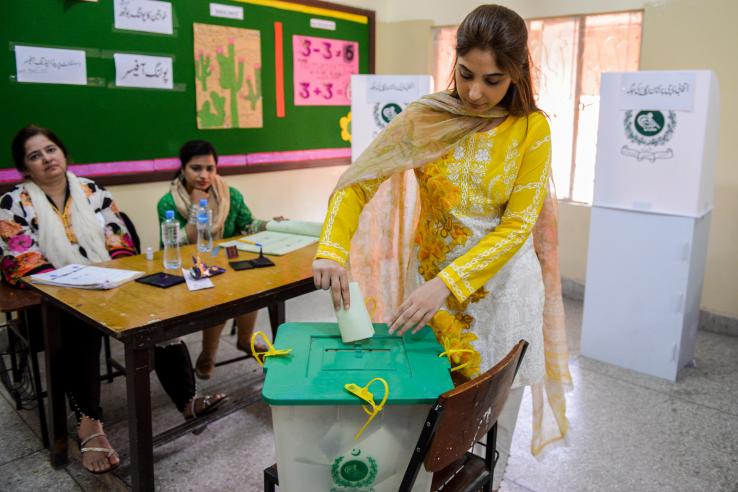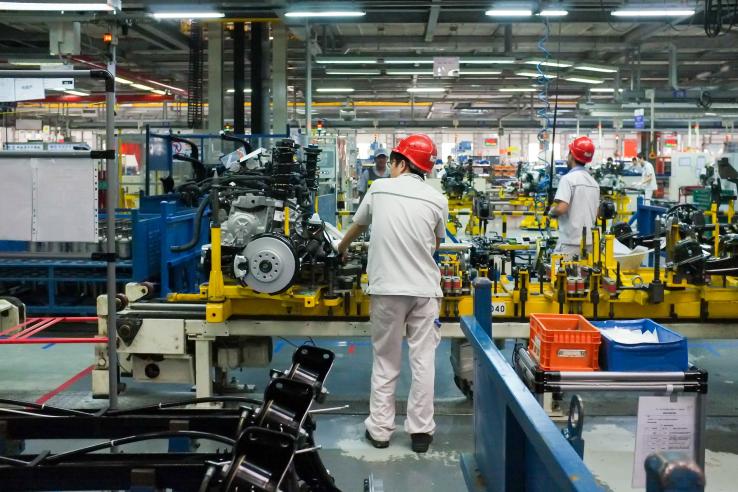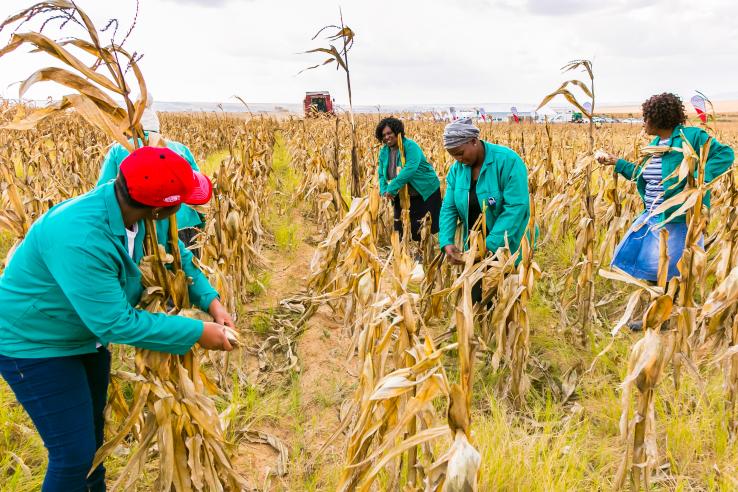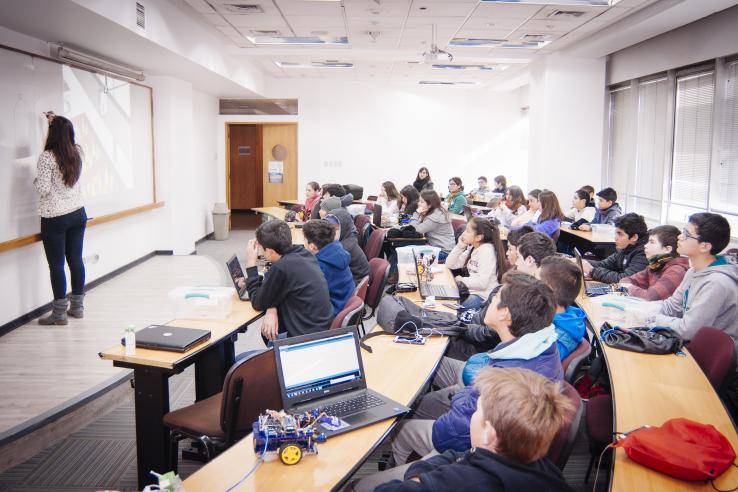Displaying 4816 - 4830 of 8445
Evaluation
Many beneficiaries of social welfare programs around the world receive benefits in cash or by check. Can distributing welfare benefits through electronic transfers directly into bank accounts help some of these low-income individuals enter the formal financial sector? Researchers are partnering with the Chilean government to evaluate how transitioning a social welfare program from cash distribution to electronic transfers impacts recipients’ access to their funds, as well as their savings and consumption decisions.
Evaluation
Researchers are partnering with the mayor of Carrefour, Haiti to evaluate the impact of increased provision of public goods, tax collection efforts, and public exposure of tax compliance on measures of citizen engagement like taxes, voting, and community participation.
Evaluation
Researchers evaluated whether Boston’s SYEP had an effect on the criminal justice outcomes of participants and sought to gauge the potential mechanisms driving these effects. The program reduced participants’ violent and property crime-related arraignments.
Evaluation
The Covid-19 pandemic has affected health systems and economies across the world. Low-income communities have experienced particularly detrimental impacts, as a lack of financial stability further exacerbated augment the crisis. In partnership with the mental health care center SCARF, researchers are conducting a randomized evaluation among low-income adults in Tamil Nadu, India. Can phone-based psychological first aid and temporary cash transfers boost mental health and resilience among low-income households? Do these interventions also improve people’s capacity to engage in preventive health behaviors in the face of Covid-19?
Evaluation
In Kenya, researchers introduced a messaging campaign on matatus (local buses) to encourage individuals to speak up against reckless driving and reduce road accidents rates. Placing these stickers in the passenger area of matatus decreased insurance claims rates, average speed, and number of road accidents per year.
Evaluation
Researchers evaluated the impact of randomly varied information about candidates’ political connections on voters' beliefs and self-expressed support in the context of a 2015 local election in Sargodha, a district in rural Pakistan. Providing information on candidates’ connectedness increased voters' expressed support for more well-connected politicians.
Evaluation
Researchers randomly assigned automobile manufacturing workers to provide monthly feedback on their managers to measure the impact of feedback on worker productivity, turnover, and job satisfaction in China. Team-level productivity was higher, turnover was lower, and workers’ happiness increased when workers could provide feedback on their managers.
Evaluation
Researchers studied the impact of the gender of communicators on the effects of a program to train farmers to communicate information on agricultural technology to other farmers. While there was no gender gap in communicators’ ability to acquire, retain, and use the information about the technology, other farmers were less willing to learn from female communicators. In spite of this, other farmers learned just as much about the technology and experienced similar farm yields when the communicator role was reserved for women.
Evaluation
Researchers partnered with the Chilean Ministry of Education to evaluate the impact of pre-packaged classroom materials and standardized directions for teachers on teaching quality and student learning. The program improved student learning outcomes substantially, with equal benefits for both boys and girls, and particularly positive impacts for children from higher-income backgrounds.
Evaluation


